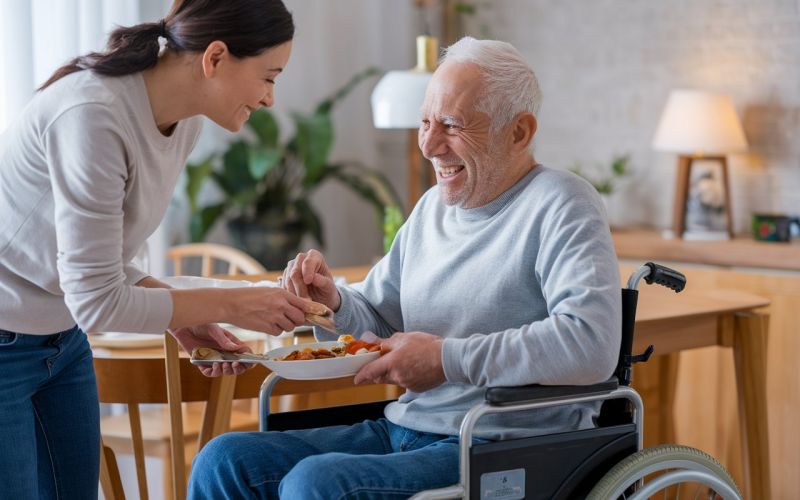How to Prevent Falls and Injury to Senior Adults
iSavta | 23.10.2020
Have you heard of at least one senior adult that you know who slipped and broken a hip? Or a granny who fell and hurt her knees? According to the U.S. Centers for Disease Control and Prevention (CDC), 1 out of 4 senior adults is treated in emergency rooms across the US for fall injuries. This is only in the US. But all over the world, studies show that it is as frequent as 1 out 3 senior adults older than 65 years old.
Falls can lead to fatal injury and non-fatal trauma-related hospital admissions. More than 90% of hip fractures are caused by falls. And what is more serious is that falls are also the top cause of traumatic brain injury. So in caring for our senior adults, it is best to know how to prevent these falls and injury to senior adults.
- Make your home safe from unnecessary clutter. Check out the floor for puddles of water, rugs, excess furniture, and other trip hazards.
- Install some grab bars in the bathrooms and other areas that you think you might need to. Assess your home where you might night need to install these handrails.
- Add some lights in strategic locations in your home like the stairs and hallways. Dark areas can also be a reason that the elderly can fall or slip in the home.
- Talk to the doctor of your senior patient, for many reasons.
-
- One is that the doctor needs to discuss the high risks of falls and eventually the injuries that follow these falls. Secondly, the doctor can also discuss the possibility of falling and there are better ways to fall to avoid serious injuries.
- And finally, discuss with the doctor the different medicines that have been prescribed to the patient so that an assessment can also be made on side effects that can trigger dizziness, lightheadedness, or sleepiness.
- Check with the eye doctor for possible changes in their eye conditions. Change eyeglasses annually, as needed. Also, early detection of possible eye problems like glaucoma or cataract is better so you can all decide on early treatment.
- Provide your senior patient with better footwear that is non-slip and comfortable to walk around. With the right footwear, you can limit the risk of slipping or falling.
- Make a way that your senior adult should be able to get some exercise. Establish activities that can help them improve their balance.
Suggest to your patients the use of canes or walkers. These assistive devices can help them in times that their vision fails them or they suddenly feel dizzy or experience vertigo.

More about Falls in the Elderly
Falls in elderly patients do not only happen just once. Statistics show that two-thirds of those who have fallen before might fall again within the next six months. And for those who have been hospitalized due to fall injuries, they stay at the hospital longer than the usual time for other reasons. Also, there are higher risks for women than men.
Much worse is that these falls can be a leading cause of death from the caused injury. So this is a really serious talk. As they say, prevention is better than cure.












